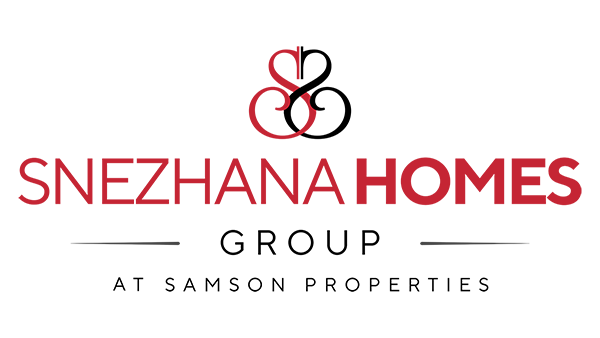So, you’ve found your dream home in the Washington D.C. and Maryland market – congratulations! The excitement is bubbling over, but before you uncork the celebratory champagne, there’s one crucial step remaining: financing your purchase.
Don’t let the financial jargon and complex calculations send you running for the hills. This section will equip you with the knowledge you need to navigate the mortgage process with confidence and secure the financing that unlocks the door to your new home.
Understanding Your Options: A Mortgage Menagerie
The world of mortgages can seem like a labyrinth filled with cryptic terminology. Here’s a breakdown of the most common loan options to get you started on the path to homeownership:
- Conventional Loan: Considered the gold standard, conventional loans are offered by private lenders and require a minimum down payment of as low as 3%. They often come with the most favorable interest rates, making them a great option for many buyers.
- FHA Loan: Backed by the Federal Housing Administration, FHA loans are designed to be more accessible to first-time homebuyers. They offer a lower down payment requirement, as low as 3.5%, making them a fantastic option for those who might not have a sizeable nest egg saved yet. However, keep in mind that FHA loans typically come with private mortgage insurance (PMI), which is an additional monthly cost that protects the lender in case of default.
- VA Loan: A fantastic benefit for veterans and active-duty service members, VA loans are a true gem in the mortgage world. They require no down payment and offer competitive interest rates, making them a highly attractive option for our nation’s heroes. There are eligibility requirements to qualify, such as minimum service time or being the spouse of a fallen service member, but for those who qualify, VA loans can be a game-changer.
- USDA Loan: Offered by the U.S. Department of Agriculture, USDA loans are ideal for those seeking to purchase a home in a designated rural area. These loans come with zero down payment requirements, making them a fantastic option for buyers who might struggle to come up with a traditional down payment. However, there are income restrictions to qualify for a USDA loan, so be sure to check the eligibility requirements before setting your heart on a charming farmhouse.
Getting Pre-Approved: Signaling Your Seriousness
In a competitive market like Washington D.C. and Maryland, a pre-approval letter is your secret weapon. It acts as a financial passport, showcasing your borrowing power to sellers and making your offer stand out from the crowd. Imagine it as a gold star from the lender, saying, “This buyer is serious and ready to roll!” The pre-approval process involves submitting financial documents to a lender, such as pay stubs, tax returns, and bank statements. The lender will then verify your income, employment, and credit score to determine how much you can comfortably afford to borrow.
The All-Important Credit Score: A Key Factor in Your Loan Landscape
Your credit score is a three-digit number that carries significant weight in the mortgage world. It reflects your creditworthiness, essentially telling lenders how reliable you’ve been with managing your finances in the past. A higher credit score translates to better interest rates and potentially opens doors to more favorable loan options. Think of it like a report card for your financial responsibility. The better your score, the more attractive a borrower you become to lenders. If your credit score isn’t where you’d like it to be, don’t despair! There are steps you can take to improve it before you start house hunting, such as paying bills on time, keeping your credit card balances low, and avoiding taking on additional debt.
Understanding the Costs Beyond the Down Payment: It’s Not Just About the Big Chunk
While the down payment is a significant chunk of change, it’s not the only financial hurdle to consider. Factor in closing costs, which can include origination fees, appraisal fees, title insurance, taxes, and various other charges associated with your contract and with processing your deal. These closing costs can add up quickly, so it’s important to budget accordingly to avoid any surprises at the settlement table. Think of closing costs as the miscellaneous fees associated with finalizing the purchase of your new home. Understanding these costs upfront will help you avoid any sticker shock when it’s time to close the deal.
Working with a Mortgage Lender: Your Trusted Guide on the Financial Journey
Don’t navigate the mortgage maze alone. A qualified mortgage lender can be your trusted advisor throughout the entire homebuying process. They can help you understand your options, guide you through the application process, and negotiate favorable terms on your loan.
Remember, a good mortgage lender will take the time to understand your unique financial situation and tailor their recommendations accordingly.
By educating yourself on the mortgage process and working with a qualified lender, you’ll be well-prepared to secure the financing you need to make your homeownership dreams a reality.

